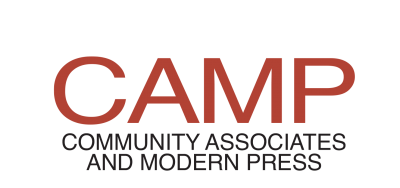San Diego-Based Shoreline Recovery Center Extends Care to Family, Loves One of Recovering Addicts

SAN DIEGO, May 6, 2024 (Newswire.com) - Shoreline Recovery Center offers support for family members in support of their loved ones.
“For many people, alcohol use disorder does not develop overnight, which means that someone struggling with an addiction to alcohol may not see the consequences because their perspective can be skewed over time,” said Shoreline Recovery Center therapist and Clinical Director Mike Gallagher.
It also affects the loves ones of those caring for those in recovery. When it comes to the parents, caretakers and other supportive individuals, Gallagher said it can be difficult to know what to do if relapse occurs and how to support their family, friends and coworkers.
One of the reasons is because individuals who are newly sober are more likely to have a lower threshold for stress. “This is because using drugs and alcohol addictively does not only provide euphoria and pleasure, it also alters the body’s stress response (fight, flight, freeze),” he said. “Highly stressful situations can lead to impulsive responses like relapse, avoidance patterns or other addictive tendencies.”
Shoreline clients are encouraged to use individual and group therapy to build their tolerance when it comes to dealing with internal (cognitive, behavioral and emotional) and external (people, places and things) factors that cause stress.
When it comes to addiction and what to look out for, changes in sleeping and eating patterns can be a sign, said Shoreline Recovery Center Therapist Max Kubota.
“Isolation and/or withdrawal from friends and family is another hallmark sign,” he said. “Drastic changes in thoughts and behaviors — especially erratic, impulsive, and irrational thoughts and behaviors are other indicators.
If this is occurring, Kubota said that loved ones should be assertive by sharing what they are noticing as well how it is affecting them and encourage the addict to seek professional help.
He also said it’s important for loved ones to consider how they may be enabling their addiction. “This is, of course, easier said than done, so we encourage loved ones to find a support network like ALANON and/or their own therapy in order to receive guidance from those that have been through similar situations and/or have expertise on the matter,” Kubota said.
The last thing a loved one should consider he said, is trying to treat the addict on their own or think they can “fix” the addict. “This is an all-too-common pitfall.”
Mindfulness and Dialectical Behavioral Therapy-based coping strategies such as deep breathing techniques and meditation are highly encouraged at Shoreline Recovery Center.
“Being able to identify triggers for substance use and mental health, having a plan to deal with those triggers, and knowing the warning signs that indicate someone is headed for a relapse will help set them up for success,” Kubota said.
Source: Shoreline Recovery Center
